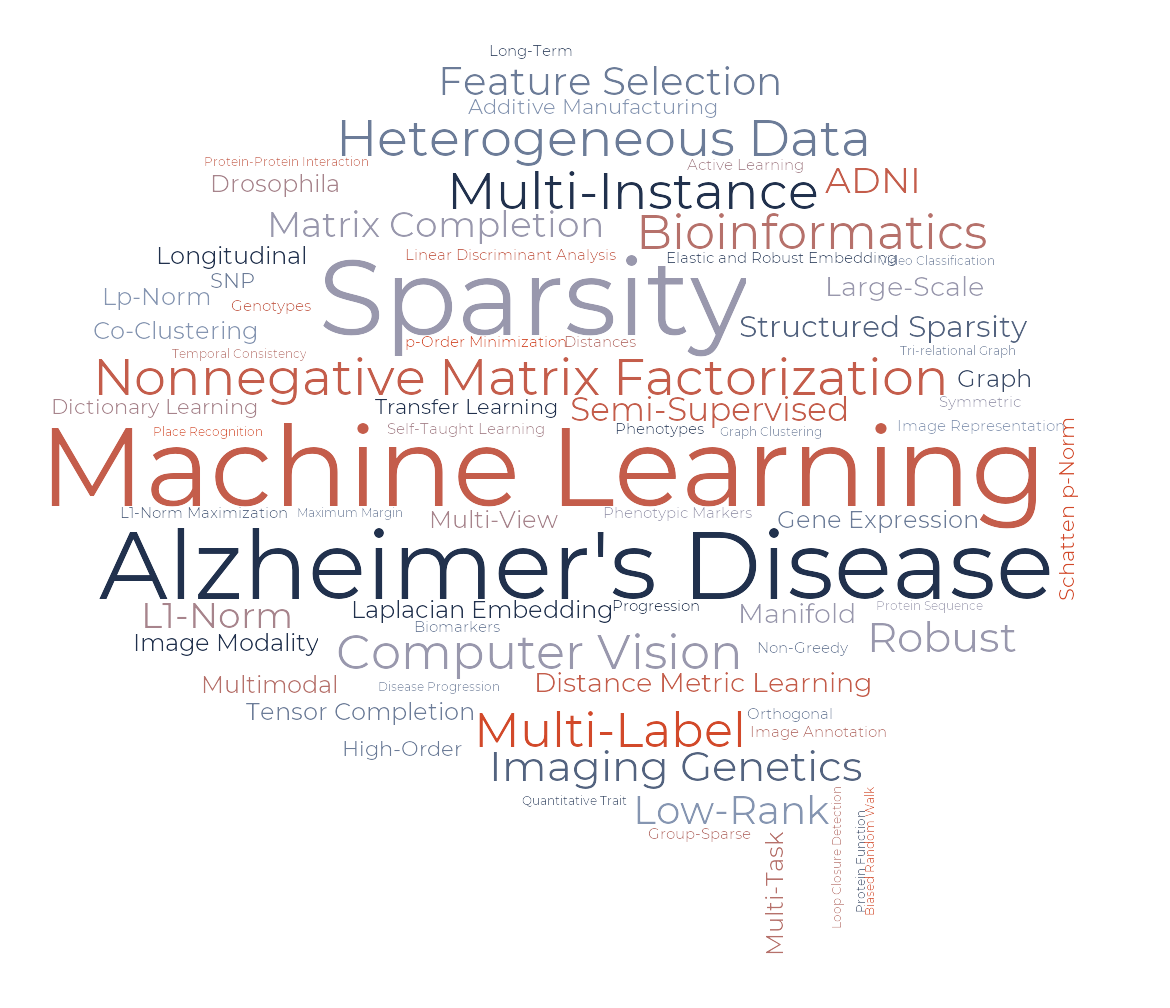Projects
How likely am I to have COVID-19 complications? Machine learning could help predict the answer. Covid-19 App Developed by Colorado School of Mines. Mines professors building app to predict likelihood of catching COVID-19. As of mid-April 2020, two million people are infected worldwide with the novel coronavirus. Now, the USA is at the epicenter of this pandemic, where it has already killed 20,000 people. Approaches to slow the progression are urgently needed.
Learn more.

Today’s technology can securely store captured carbon dioxide deep in the subsurface of the ground, but slow data processing can result in operational inefficiencies. To meet this challenge, the Office of Fossil Energy (FE) of DOE developed a Science-Informed Machine Learning to Accelerate Real Time Decisions (SMART-CS) initiative. Using science-based machine learning and AI, this initiative will enable better reservoir management through more rapid decision making. It will develop real-time visualization, forecasting capabilities, and virtual learning environments.
Learn more.

This project aims to radically transform traffic management, emergency response, and urban planning practices via predictive analytics on rich data streams from increasingly prevalent instrumented and connected vehicles, infrastructure, and people. Road safety and congestion are a formidable challenge for communities. Current incident management practices are largely reactive in response to road user reports. With the outcome of this project, cities could proactively deploy assets and manage traffic. This would reduce emergency response times, saving lives, and minimizing disruptions to traffic.
Learn more.


